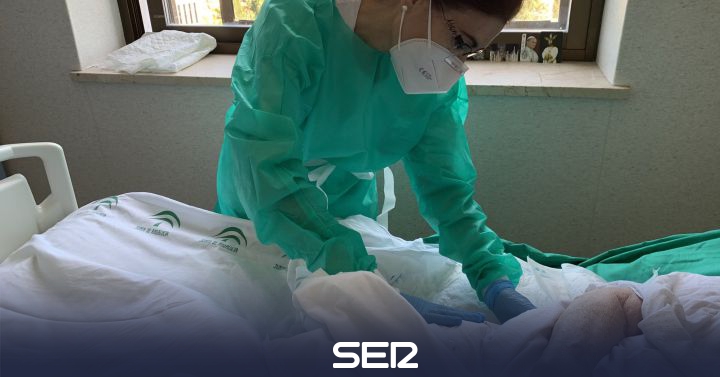Dagbladet updates the case!
– We both notice and understand that the impatience is great, Justice Minister Monica Mæland begins Friday’s press conference.
She reminds that the government still advises against trips abroad that are not strictly necessary, and says that the police who carry out border checks are under pressure. The government therefore proposes that the police be allocated funds to hire 100 new employees.
At the same time, changes are being made to the covid regulations. Travelers from several countries and regions, including Germany and Italy, avoid quarantine hotels, and thus have to carry out the quarantine in their own homes. Which countries and regions are covered exist her, or in the fact box below.
At the same time, the measures on Svalbard will be relaxed, where the hotels will be able to receive more guests.
Travelers from the following countries avoid quarantine hotels:
- Finland (følgende regioner): Southwest, Kanta-Häme, Pirkanmaa, Päijät-Häme, Kymenlaakso, Southern Savonia, Central Ostrobothnia, Helsinki and Uusimaa
- Southern Denmark
- Bulgaria
- San Marino
- Poland
- Portugal
- Luxembourg
- Romania
- Vatican
- Austria
- Liechtenstein
- Czech Republic
- Slovakia
- Switzerland
- Hungary
- The Faroe Islands
- Ireland
- Italy
- Great Britain
- Germany
- Monaco
- Malta
–
–
Reliefs for the protected and children
The Norwegian Directorate of Health recommends that the protected and children under the age of 12 can shorten the entry quarantine with a test after three days. At the same time, they recommend that a new assessment be made to remove the entry quarantine for fully vaccinated people around 10 June.
You are considered protected if you have been fully vaccinated, received the first dose more than three weeks ago, or after undergoing covid-19.
From Friday at 3 pm, these can be tested out of quarantine on day three after arrival in Norway, the Minister of Health states.
The government also supports the health authorities’ recommendation for exemptions for children.
– We continue the scheme of testing at the border to have control over worrying virus variants. We will maintain this as long as it is necessary and proportionate, says Høie.
A new assessment will be made of when fully vaccinated can be fully exempted from entry quarantine.
Attaches Pfizer to side effects
Three scenarios
Assistant Director of Health Espen Rostrup Nakstad says that the Norwegian Directorate of Health is now looking at three scenarios when advising municipalities:
1. That we achieve a herd immunity in Europe during August and can live an almost normal life during the autumn.
– Because we have high vaccination coverage in Norway and that the vaccine has a good effect after two doses, such a scenario may mean that we only see individual cases of import infection that do not cause serious outbreaks.
2. That the infection in Europe falls to a very low level, but does not go away – so-called yellow countries.
– This means that we can live very normally in Norway, but we can get mutated virus variants that continue to spread in some countries, and in some will cause serious illness. This means that we still have to test and trace outbreaks in Norway to keep an overview and gain control of such a situation.
3. That new mutated variants spread among unvaccinated and vaccinated in Europe, and give rise to new local and regional waves of infection.
– Then, in the worst case, we may have to start again with vaccination and adapted infection control measures in Norway, Nakstad says.
He points out that the latter scenario is unlikely in the short term. In the long run, it’s harder to say. According to Nakstad, scenario two is the most likely.

Shouts loudly after FHI turn
Recommends relief for the protected in the health service
The Norwegian Institute of Public Health recommends easing infection control measures for employees in the health service who are protected against the coronavirus. This is due to the fact that more and more people are being vaccinated.
The new advice applies to contact with patients without symptoms of, or known exposure to, covid-19, as well as colleague contact in ordinary work, and entails, among other things, that:
- If, due to the nature of the work, colleagues have to sit close together, the protected can now do so without protective equipment.
- Protected healthcare professionals also do not need to use protection in the event of patient contact closer than one meter at a high level of measures.
– It is still the case that employees should not show up for work in the event of symptoms of a respiratory infection, and they should then be tested for covid-19, says department director Line Vold in FHI.
–


